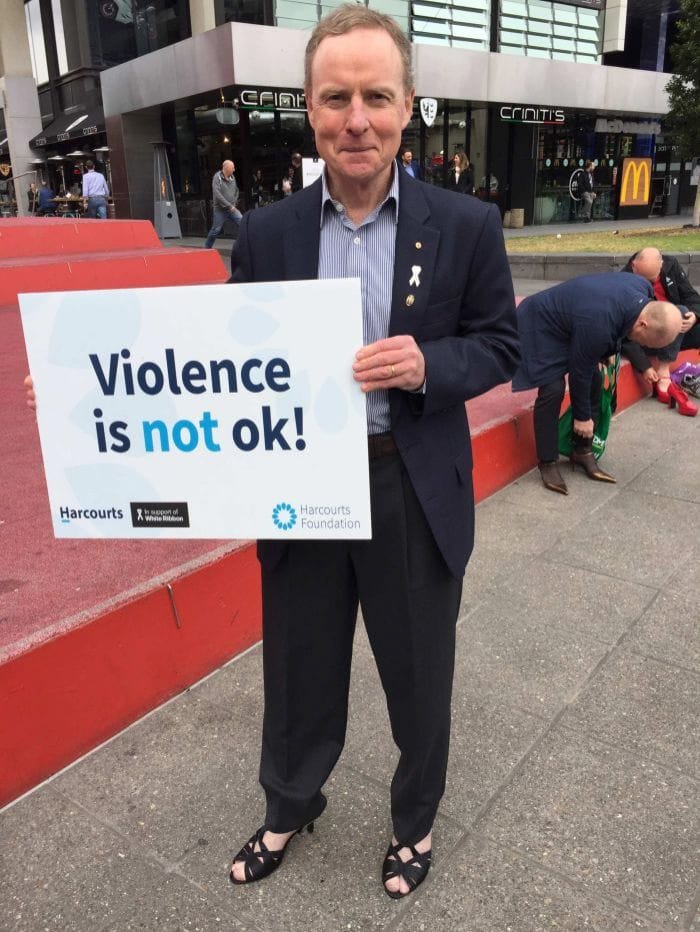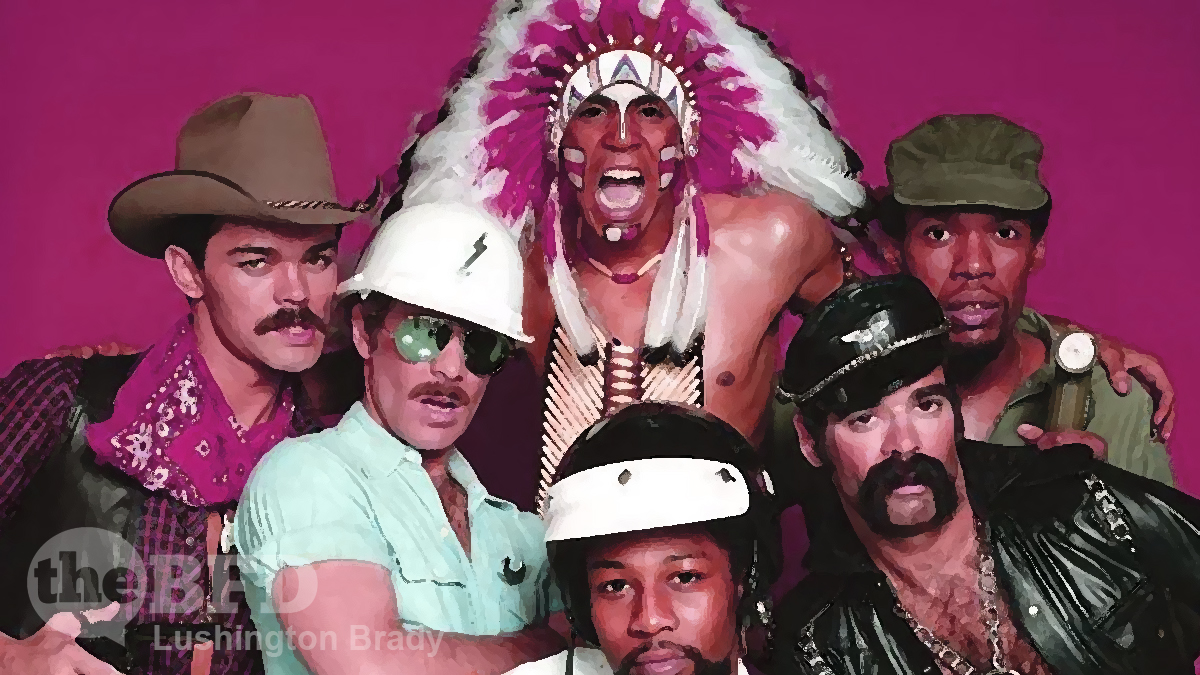Table of Contents
In the war that gave birth to ANZAC, Australian and New Zealand soldiers enjoyed a reputation as formidable soldiers. But lately, it seems, our militaries are being asked to be less effective fighting forces than Boy (and Girl) Scouts with guns. At best (and honourably) as a kind of militarised emergency services; at worst, a khaki sheltered workshop for every “inclusive” woke-ism from camo hijabs to trans representation.
This isn’t all just your imagination. The root of this agenda is the United Nations (big surprise) and its Resolution 1325 of 2000, the “Women, Peace and Security” (WPS) resolution. This resolution urged member states to “ensure increased representation”, “expand the role and contribution of women” and “incorporate a gender perspective into peacekeeping operations”. This agenda was consciously expanded in the Australian Defence Force (ADF), for example, by replacing “women” with “gender”, “to be more inclusive of all vulnerable groups and actors”, and impose “necessary and significant cultural reform”. Hence, the unedifying sight of the Chief of Army poncing about in high heels, and ADF reports castigating the Special Forces for having a “warrior culture”.

But it’s not just we Aussies. Previous Defence Minister in the Ardern government, Ron Mark, identified WPS as one of New Zealand’s key strengths. But is that really so?
Proposed public reporting on WPS achievements hasn’t eventuated, making evaluation of even these narrowly defined objectives tricky. The lack of information is compounded by the subjective question about how much New Zealand would need to be doing to be able to genuinely claim to be a WPS champion. Some improvements have been made, but they could also be viewed as low-hanging fruit.
For example, clearly identification and allocation of resources is vital for successful implementation of WPS action plans, but early commentary on New Zealand’s noted that the government ‘isn’t putting any money where its mouth is’.
The Ardern government not living up to its promises? Never!
The NZ Army initially employed a special projects officer to oversee WPS implementation (a position that was later changed to a NZ Defence Force role) and a part-time position was added last year to better engage with the new Pacific Defence Gender Network, launched by the defence ministry in cooperation with the government of Samoa. Some minor, and increasing, investments have been made to help promote WPS initiatives, but it’s not clear whether that will be enough to support the claim that New Zealand is a ‘champion’ of the WPS agenda.
The gender balances in the police force and NZDF have improved, though achievements are uneven and depend on interpretation of gains made. The number of women employed in constabulary roles and in senior ranks in the police, for example, has clearly improved in recent years. Starting from a mere 6.5% in 1989, the proportion of women hovered at around 18% in 2015, and then in 2018 female recruits outnumbered male recruits in some intakes.
In the NZDF, women comprised more than 20% of deployed forces in 2015, and the proportion increased over the next three years. But the deployments were small, at around 270 personnel in total. Retaining high numbers of women would be much less likely in larger deployments, and the general need to increase the number of military women remains pressing[…]the army, in particular, has struggled—female representation dropped to 12.8% in 2018, with especially low numbers in the combat corps.
Maybe the NZDF needs to take a leaf out of the US military’s and ADF’s books: if enough women aren’t cutting the mustard in the hard stuff like combat readiness, just lower the standards for female recruits until they pass. Can’t do eight push-ups (the female requirement, as opposed to the 15 required for men)? Oh, well, just do one of those girly kneeling push-ups. Oh… well, just see if you can walk back to the bench without breaking a sweat.

But, if at first you don’t succeed in turning your military into a Pride march in camo, just keep signalling that virtue harder! Aussies winced at Lt. Gen Morrison in high heels – maybe Kiwis will be mortified by seeing Peeni Henare in a dress (must… not… make… “Peeni in a dress” joke…damn, just did)?
Broader attempts to more deeply ‘regender’ government organisations—which would both support increased participation of women and shift the focus to broader gender issues—would deliver positive results. The Royal New Zealand Navy’s headline-grabbing decision to bring in gender-neutral grooming and appearance guidelines, as well as the awarding of a Rainbow Tick to the NZDF, suggests that some regendering is already underway.
The Strategist
Still, even though the NZDF hasn’t quite managed to earn its Stronk Wahman merit badge, Kiwis can at least take some comfort that their military has achieved the coveted “Rainbow Tick”.
The People’s Liberation Army will be quivering in their boots.
Please share this article so that others can discover The BFD









